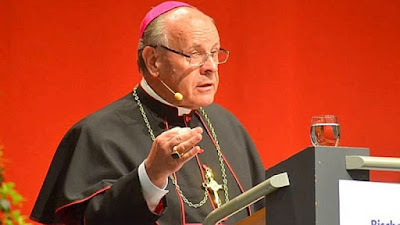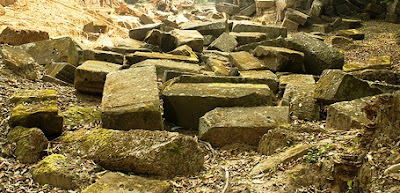[Apr. 29, 2023] The big news this week has been the revelations by Bishop Vitus Huonder, retired Bishop of Chur (Switzerland) that Pope Francis had told him privately that the Society of St. Pius X are not in schism.
Traditional Catholic media sources have been abuzz with essays and podcasts jubilantly framing these revelations as a vindication for the position of the Society and traditional Catholic media, who have consistently maintained that the SSPX is not in a state of schism.
I, on the other hand, believe this to be a nothingburger, for three very important reasons:








